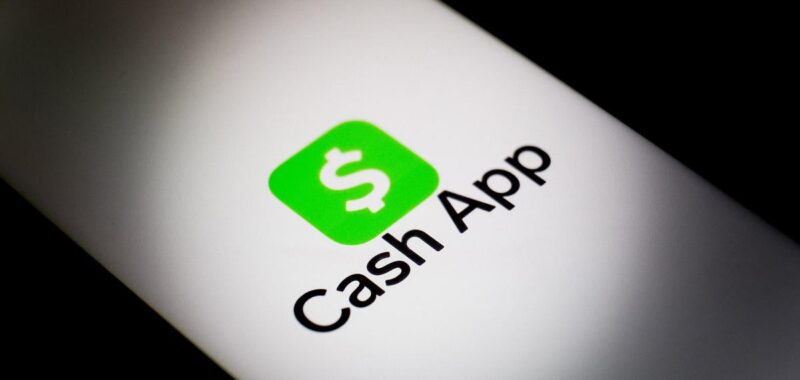Block, the parent company of popular online payment service Cash App, has been ordered by a federal agency to pay as much as $175 million because of repeated failures by the financial services provider to protect customers from fraud.
Block has agreed to pay up to $120 million to consumers harmed by fraudulent transactions and unfair business practices detailed by the Consumer Financial Protection Bureau (CFPB) in a consent order filed on Thursday. The company must also pay a fine of $55 million into the CFPB’s victims relief fund.
“Cash App created the conditions for fraud to proliferate on its popular payment platform,” CFPB Director Rohit Chopra said in a statement. “When things went wrong, Cash App flouted its responsibilities and even burdened local banks with problems that the company caused.”
Block disputes the CFPB’s findings.
While we strongly disagree with the CFPB’s mischaracterizations, we made the decision to settle this matter in the interest of putting it behind us and focusing on what’s best for our customers and our business,” the company said in a statement.
The company also said it uses a number of means to support customers and ensure they are protected while using Cash App. Those include providing multiple ways for customers to contact Block, such as a dispute submission tool within Cash App; using AI to spot and stop fraud; and using advanced technology to warn customers about potential scams involving their transactions.
Failure to investigate potential fraud
Peer-to-peer platforms such as Cash App are generally required by law, under the Electronic Fund Transfer Act, to investigate disputes of unauthorized transactions. But Cash App customers, many of whom have their bank account linked to the app, were misled by the terms of service to believe that disputes over transactions were the responsibility of their bank, the CFPB said.
In one instance cited in the agency’s consent order, Cash App instructed a customer who reported an unauthorized debit card to contact the person’s bank, shirking its statutory duty to investigate possible incidents of fraud.
“In numerous instances, respondent failed to conduct investigations promptly or in some cases at all upon Notices of Error from consumers that provided the required information,” the CFPB said.
When Block did investigate disputes, it “used intentionally shoddy investigation practices to close reports of unauthorized transactions in the company’s favor,” the consumer agency added.
Unreachable customer service
Block also made it difficult for Cash App clients to obtain helpful customer service, according to the CFPB. For many years, a telephone number listed on the back of the app’s Cash Card and in the terms of service connected users to a pre-recorded redirecting them to contact customer support through the app. Those who contacted Cash App customer service through the app, or in some cases by mail, frequently received “delayed, inadequate, confusing or inaccurate responses,” the agency said.
In addition to the $175 million in refunds and fine, the consent order requires Block to provide 24-hour, live-person customer service. It also requires that Block investigate unauthorized transactions promptly and thoroughly as well as “to provide timely refunds, where appropriate.”
How do I get my refund?
Block is required to pay a minimum amount of $75 million and up to $120 million in refunds to consumers victimized by fraudulent transactions who did not receive refunds they were entitled to, as well as to those whose unauthorized transfers were not adequately investigated by Cash App. Consumers whose accounts were locked or who were not provided provisional credits during a delayed investigation are also entitled to a refund.
Consumers will not need to take action to obtain a refund, according to the CFPB’s latest guidance. The agency said it will enforce the order’s requirement to ensure that affected Cash App users receive refunds and other redress.
With more than 56 million accounts, Cash App is one of the largest peer-to-peer payment platforms in the country. The service allows consumers to send and receive electronic money transfers to accept direct deposits and use a prepaid Cash Card to make purchases and ATM withdrawals.
Block made $7.5 billion in gross profit in 2023, roughly $4 billion of which came from Cash App, according to the CFPB.

